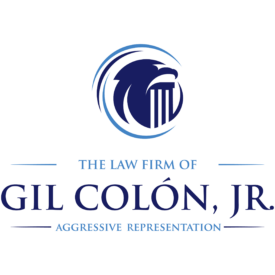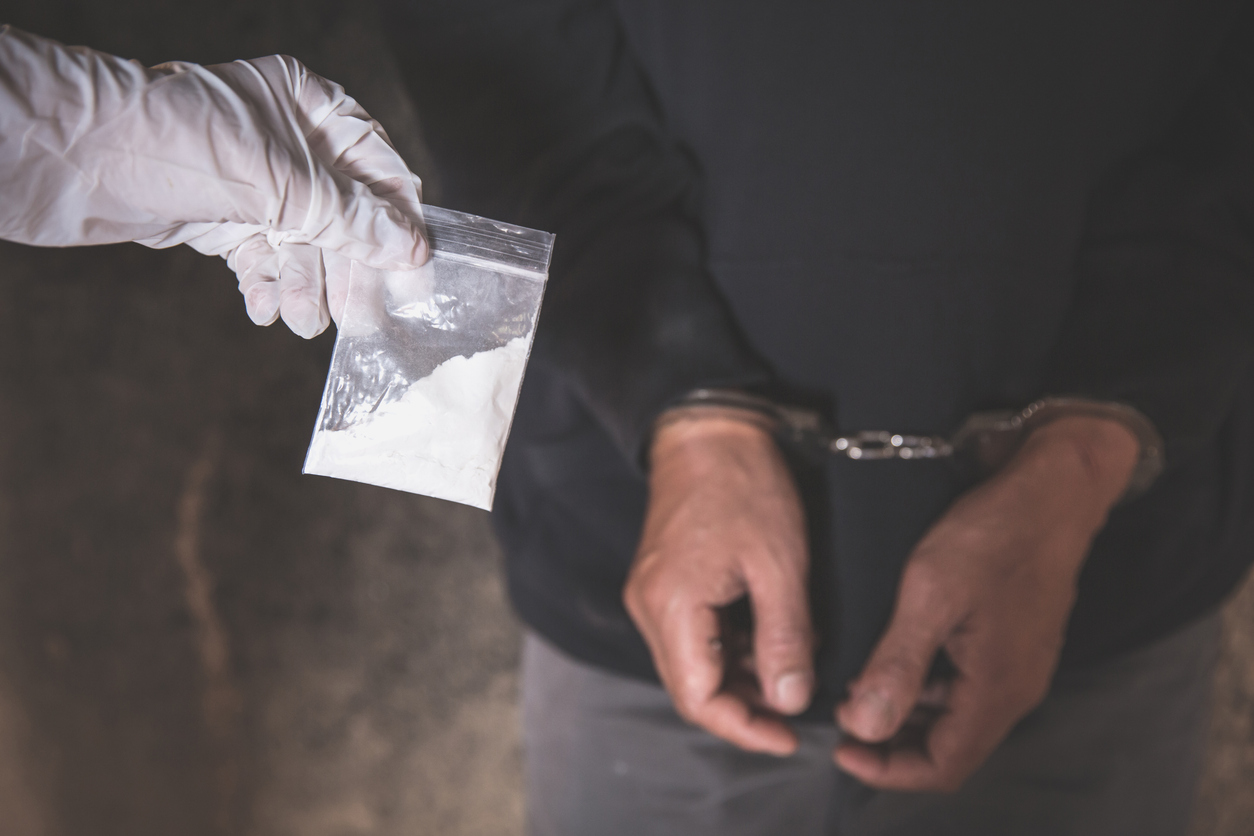Is Florida Strict on Drug Crimes?
Florida is typically considered one of the strictest states on drug crimes. Mandatory minimum sentencing remains for many drug offenses, which can impose severe penalties for even first-time offenders. Repeat offenders may face even harsher legal consequences. Thankfully, recent years have given way to recognition that some of these severe sentencing laws for nonviolent drug offenders are ineffective both in terms of costs to the state and in terms of preventing future crimes from occurring. There is a new understanding that most drug offenses only victimize the defendants and that, to reduce future drug crimes and access to illegal substances seriously, the state must provide drug addicts with the help they need and the support necessary to help them lead productive lives.
However, no matter how much Florida’s drug laws favor abstinence, many individuals in the state continue to use illicit substances. Because jail time has been proven not to be the answer for crimes relating to drug possession or drug use, there are now alternative sentencing options available in many Florida drug cases.
Florida’s drug laws encompass a range of illegal activities related to the use, manufacturing, distribution, and trafficking of controlled substances. The law outlines specific prohibitions and penalties for drug offenses such as possession, the illegal sale of controlled substances, and distribution of those substances.
If you have been accused of a drug offense in Florida and this is your second, third, or some other subsequent charge, you must seek professional legal counsel from experienced drug crime attorneys. Please get in touch with our Florida law firm to schedule your free case evaluation with our legal team today.
What is the ‘Three Strikes’ Law?
Florida’s criminal justice system has several laws and policies meant to address the issue of repeat drug offenders, including the notoriously unsympathetic Three Strikes law.
The Florida Three Strikes law was implemented to ensure habitual offenders receive severe punishments for repeated criminal activity. Under the law, an individual convicted of three or more qualifying criminal offenses will face mandatory minimum sentencing, ranging from lengthy prison sentences to life imprisonment without the possibility of parole. Qualifying criminal offenses include drug trafficking, violent crimes, and certain serious felonies.
The primary focus of the Three Strikes law in Florida is meant to target violent criminals. However, drug offenders can be affected by the law. Certain drug crimes, such as distribution, trafficking, or even drug possession, can be classified as qualifying offenses under the Three Strikes law. Essentially, this means that individuals with a history of drug convictions may face severe penalties, even if their newest criminal offense did not involve the use of violent force. The Three Strikes law can increase sentencing, reducing the chances of rehabilitation and reintegration into society.
Who Are Considered ‘Habitual Offenders?’
Florida law provides substantial penalties for individuals who are designated as habitual offenders. A person may be considered a habitual offender based on multiple previous felony convictions.
Habitual offender status applies when a person was previously convicted of two or more separate penalties over a certain period. The most felony charge must have either been committed while the individual was in jail for a previous conviction or within five years of their release from imprisonment.
There are several defense strategies for those affected by the habitual offender designation. These defenses include challenging the actual criminal charges or fighting the designation itself. Contact our Florida law office to learn more.
Do Repeat Drug Offenders Face More Severe Legal Consequences in Florida?
Repeat or habitual offenders face stricter legal consequences in Florida. For example, eligibility for certain alternative sentencing programs like the pretrial substance abuse program is generally not extended to habitual offenders in Florida.
If someone is classified as a habitual felony offender, they may face a longer prison term if convicted of a subsequent felony. The increased penalties involve enhanced sentences based on the person’s prior criminal history.
Following the guidelines of the Florida statutes, courts may impose extended terms of imprisonment depending on the severity of the new criminal offense and the individual’s past criminal conduct. The severity of the increased sentencing will typically be decided on a case-by-case basis and can depend on the offenders’ classification and criminal history.
Will Repeat Drug Crime Offenders Face Automatic Jail Time in FL?
If you have been convicted of a drug crime, you may naturally be concerned about jail time. While jail time can be the result of a repeat drug offense, it is not automatic. If the drug charges are for possession and not distribution, jail time is not a sure thing. The Florida criminal justice system will also consider various factors related to your case, such as the type of drug in question, the amount of that drug, and the circumstances surrounding the arrest.
Though not every repeat drug offense indeed leads to jail time, drug offenders need to understand that with every subsequent arrest and conviction, the threat of jail increases, and so does the length of imprisonment.
Additionally, certain types of drug crimes carry automatic jail time in Florida because of the mandatory minimums for certain criminal offenses. A mandatory minimum sentence is an imposed minimum prison term that criminal judges must apply in some instances, regardless of additional facts relevant to the legal issues.
What is Florida’s Prison Releasee Reoffender Act?
Enacted in 1997, Florida’s Prison Releasee Reoffender Act (PRR) dictates enhanced criminal sentencing for certain offenders who commit new crimes within the first three years of release. While not a traditional two-strikes law, the PRR Act is often referred to as such because it requires only one previous conviction within the last three years for the offender to face increased sentencing.
Under the Prison Releasee Reoffender Act, qualifying drug offenders may face mandatory maximum sentences, no possibility of early release or alternative sentencing programs, and consecutive sentencing.
The PRR Act is meant to create a formidable torrent by ensuring that repeat drug offenders face severe consequences for new drug crimes committed shortly after their release from imprisonment.
What is the FL Drug Court System?
Drug courts are an alternative option to traditional criminal justice system proceedings, which provide treatment and intervention as opposed to jail time for certain drug offenses. Studies have shown that Florida’s drug court programs have positively reduced crime, reduced repeat offenders, provided better treatment options, helped offenders lead productive lives, and proved more cost-effective within the Florida criminal justice system.
Unfortunately, drug court is not available for everyone. In most cases, only low-level drug offenders without serious criminal histories are admitted into the drug court program.
If you’ve been charged with drug possession, for example, you may be eligible for a drug court treatment program under certain circumstances. To learn more about whether you qualify for drug court programs, please contact our Florida criminal defense attorneys for legal assistance.
Schedule a Free Consultation with Experienced Florida Criminal Defense Attorneys Today
Regardless of the type of crime, repeat offenders generally face stricter penalties than first-time offenders. However, do not assume that something like jail time is necessarily automatic in your case. Not only may there be alternative sentencing options available, but it is necessary for the prosecution to prove their case against you to secure a conviction. If you have not done so already, you must seek professional legal counsel from experienced criminal defense lawyers to represent your rights.
Our Florida lawyers have extensive experience representing clients in various criminal cases. We would be tenacious defenders of your interests as we pursue a satisfactory conclusion to your legal matters.
To learn more about our legal services and how we may assist you, please get in touch with us at 863-622-9602.






